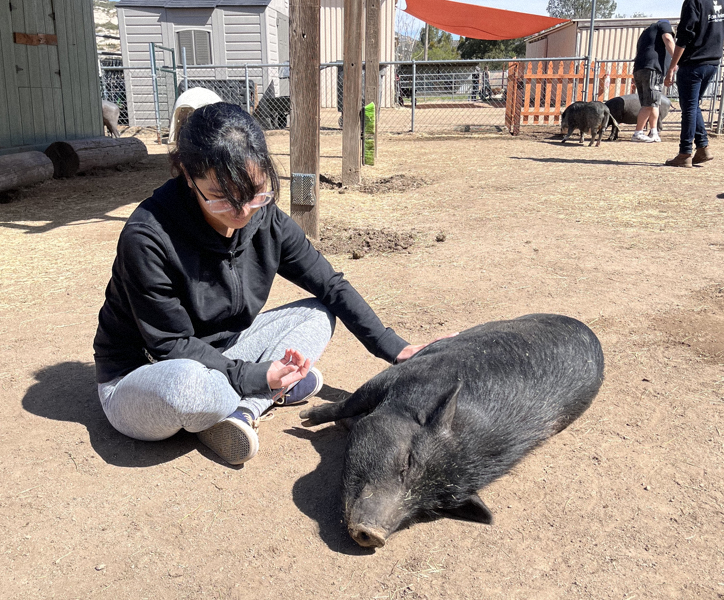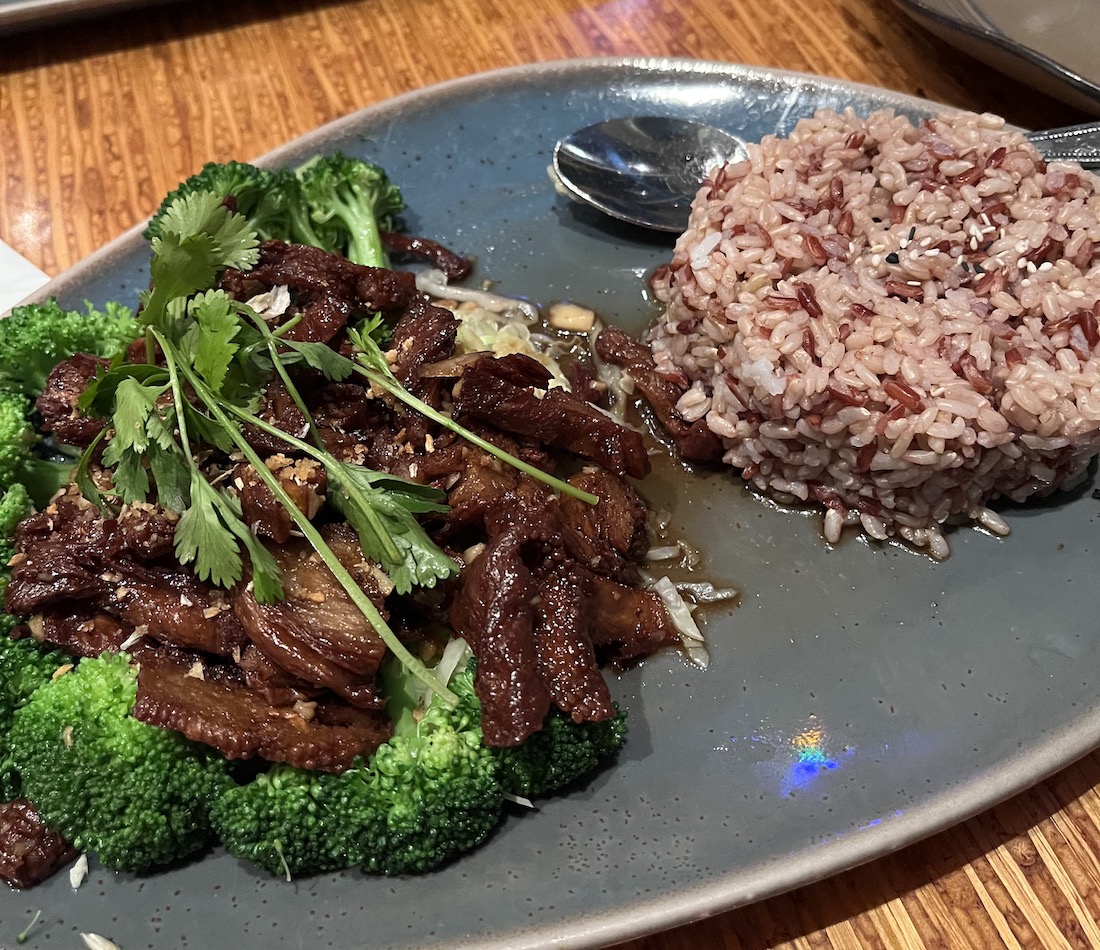I stopped eating meat in 2022 and went vegan. Like everybody else, I too was a meat eater.
The reason behind this is because I grew fond of pigs few years ago. Our cultures deemed these critters dirty, undesirable, and the symbol of gluttony. But I opened my eyes and learned to see them and other farm animals as individuals deserving love and respect.
How are they different from pet animals like dogs or cats? What did they do to deserve such horrible fate?

Pointing out to other people that eating meat is wrong usually ends up in an argument. They'll say that animals like cows, pigs, and chickens exist for us to eat and that they taste good. Ironically, these same people would prosecute someone who hurt a dog and condemn poachers who hunt elephants for their ivory.
This is referred to as speciesism. Animals that bring profit are treated as nothing more than commodities, while we feign concern for animal life by protecting those species that are endangered.
Some will argue that because animals don't possess human-like intelligence, they can be viewed as a resource for humans to use. While animals may not possess the same level of intelligence as humans, they are, like us, sentient beings — capable of feeling joy, love, pain, and suffering. Therefore, they should be treated with respect.
Asserting our superiority over animals is morally wrong. If we harbor this belief, it becomes all too easy to discriminate against people who appear or think differently from us, such as those of different races or genders. Our history is replete with atrocities caused by those who considered themselves special or important.

It may have been necessary for our ancestors to consume animals for growth and survival, but that doesn't mean it's right to use animals. Moreover, we now live in an era where we can create things that have never existed before, such as computers, machines, and AI. Our knowledge and advancements in technology should enable us to reduce or even eliminate the use and abuse of animals.
Unfortunately, this isn't the case. Our population continues to grow, and with it, our consumption. Worse, the animal agriculture industry fuels this demand with assertions such as 'milk is good for the bones' and 'you need meat for protein'. Similarly, designers tout their leather products as fashionable and luxurious. Many businesses, reliant on the exploitation of animals, are driven by a desire for increased profit. They use technology to genetically modify animals, causing them to grow abnormally large, and then slaughter them en masse as efficiently as possible.

Please watch this documentary and see for yourself. This is disturbing and horrifying. If you like eating meat, at least get to know what the animals have to endure just to satisfy your palate.
It's interesting to observe here in the United States how terms like 'humanely slaughtered,' 'grass-fed,' and 'free-range' are used to describe meat from animals. However, there's nothing 'humane' about ending the life of a being that doesn't want to die. The animal agriculture industry uses these labels as a means to ease consumer guilt and promote their products as healthy, effectively sidestepping the ethical questions involved.
Veganism may seem 'extreme' to many because it challenges deeply ingrained pleasures and traditions. It's human nature to resist change. Often, people justify the consumption of animals by claiming it's the 'natural order', conveniently overlooking the unique attribute humans possess: the ability to choose. Unlike animals, we have the capacity to make ethical decisions about our diet.

So, what do vegans eat? They consume anything that doesn't contain meat or animal byproducts such as milk and eggs. But being vegan is more than just a diet. It's a lifestyle that also includes avoiding the purchase of items derived from animals, like leather and fur, and refraining from visiting places where animals are used for entertainment.
Let's all be kind to all kinds.